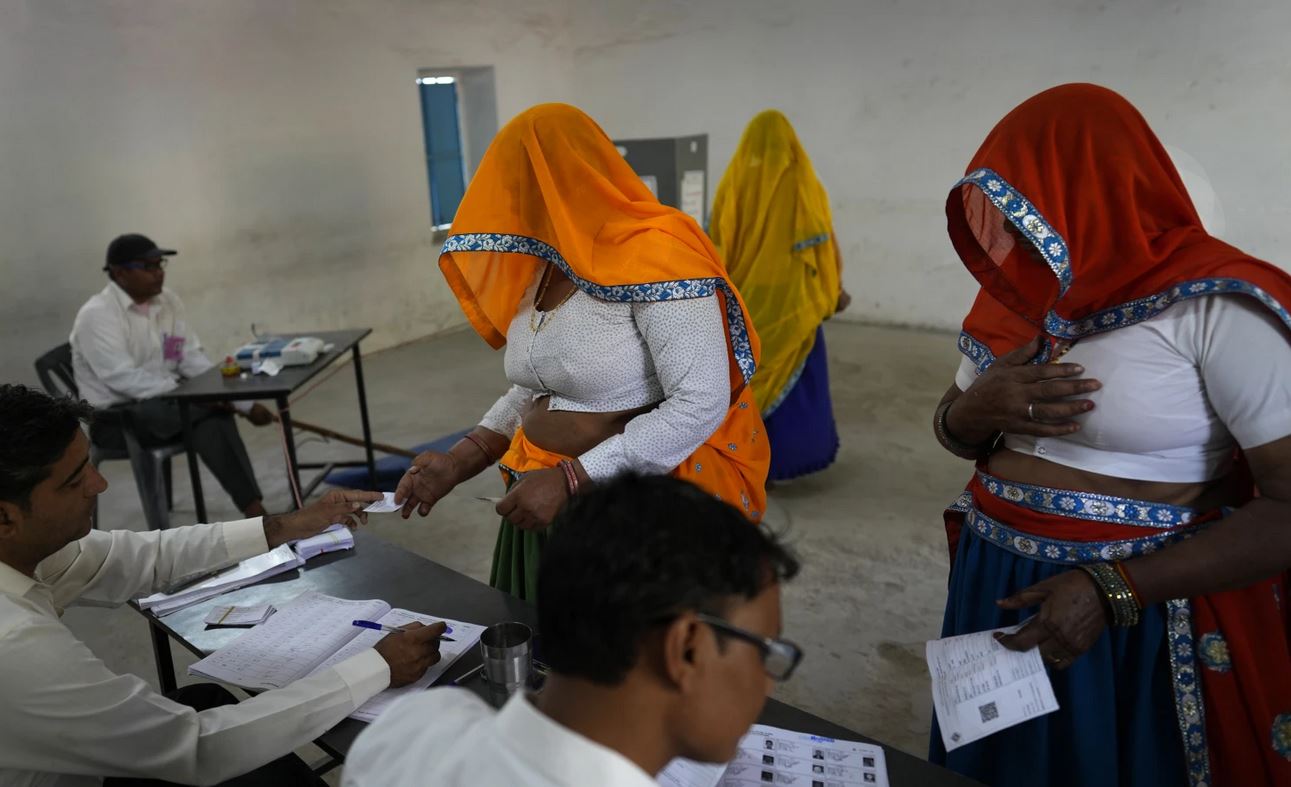
OR
Nepal to graduate from LDC in 2024: UN
Published On: December 17, 2016 12:20 AM NPT By: Kuvera Chalise | @@kchalise
KATHMANDU, Dec 17: Nepal is among the 16 countries that will graduate to the developing country status from the current Least Developed Country (LDC) category, according to a report by the UN agency.
The United Nations Conference on Trade and Development (UNCTAD) report states that Nepal is projected to graduate only in two criterion -- human asset index (HAI) and economic vulnerability index (EVI). "If this is the case, this will be the first time that the income criterion has not been met at the time of graduation," says the report.
A LDC must have gross national income (GNI) per capita of $1,242 for graduation.
"Nepal also has to boost economic growth to spur the income, one of the three criteria to graduate, though meeting the two criteria is enough to graduate," the Least Developed Countries Report 2016 'The Path to Graduation and Beyond: Making the most of the Process' noted.
The report also said that most of the countries, whose graduation is expected by 2024, have included graduation as an explicit goal in their development plans and programs.
"Five of these countries -- Nepal, Bangladesh, Bhutan, Laos and Myanmar -- have set explicit timetables," it said. "Also of the 16 countries projected to graduate by 2025, only four -- Afghanistan, Bhutan, the Lao People's Democratic Republic and Nepal, all in Asia -- are landlocked."
Talking to Republica, Basudeb Guha-Khasnobis, senior economist, UNDP Nepal, said that the situation in Nepal has been improving in recent months. “If things move as according to the plan, Nepal could also meet the income criteria by 2022,” he added.
Nepal became eligible to graduate from LDC category as it met two criteria -- HAI and EVI -- in 2015. Once a country is eligible, it is evaluated every three years to check the sustainability of the graduation. Guha is of the view that Nepal will sustain coming two triennal reviews by the Committee for Development Policy (CDP) slated for 2018 and 2021.
The National Planning Commission (NPC) had, in its 13th Plan, included a target of graduation by 2022, bringing forward from 2030 in the 12th Plan. The commission's approach paper on graduation by 2022 includes 'strategic directions and action' for each of the three criteria as well as for monitoring and evaluation.
A country is graduated from the LDC category not only on the basis of meeting three criteria -- GNI per capita, HAI and EVI once, it also has to sustain thresholds for at least two criteria or reach double the GNI per capita threshold -- income-only graduation -- in two consecutive triennial reviews.
Graduation process is only the first milestone in a marathon of development, not the winning post of a race to escape the LDC category, Guha said, adding that it marks the end of a political and administrative process, not the completion of an economic or developmental process.
Guha said that economically how a country graduates is more important than when. But some economists are of the view that the graduation will cut the development resources as it would reduce development finance, which becomes less concessional, and also access to climate finance may be reduced. Likewise, after graduation a country will also lose potential preferential market access that is estimated at $4.2 billion per year across LDCs as a whole.
However, Guha claims that the effect of losing preferential market access depends on coverage and structure of LDC -- specific preferential schemes, product composition of exports, and distribution across markets, and also fallback tariffs after graduation.
But a graduating country benefits from a grace period -- normally three years -- before graduation effectively takes place. This period, during which the country remains an LDC, is designed to enable the graduating state and its development and trading partners to agree on a 'smooth-transition' strategy, so that the planned loss of LDC status does not disrupt the socioeconomic progress of the country. A smooth-transition measure generally implies extending to the graduated country, for a number of years after graduation, a concession the country had been entitled to by virtue of LDC status.
However, Guha suggested Nepal to form national policy agenda to address macroeconomic policy frameworks combining stability with investment dynamism and employment generation, scaling up public investment -- including projects that strategically address bottlenecks in the productive sector -- increased fiscal space:
improved tax systems, diversification of revenue sources and addressing illicit financial flows, improved access to credit and financial services, notably for farmers and SMEs, coupled with accelerated transformation of rural economies: upgrading agriculture, promoting non-farm activities for effective and sustainable graduation.
The UN has currently designated 48 countries as LDCs. The list of LDCs is reviewed every three years by the CDP -- a group of independent experts reporting to the United Nations Economic and Social Council (ECOSOC). The CDP, in its report to ECOSOC, may recommend countries for addition to, or graduation from, the list of LDCs.
You May Like This

Nepal decides not to graduate from LDC before 2021
KATHMANDU, Feb 28: Nepal has officially decided to write to the United Nations (UN) saying that it is not in a... Read More...

Nepal lobbying with UN for doubling UN peacekeeper numbers
KATHMANDU, June 1: Defense Minister Bal Krishna Khand said on Wednesday that government has been lobbying with the United Nations for... Read More...

PM Oli off to Costa Rica
NEW YORK, Sept 30: Prime Minister KP Sharma Oli left here for Costa Rica today in course of an official... Read More...

Just In
- Over 200,000 devotees throng Maha Kumbha Mela at Barahakshetra
- Indians vote in the first phase of the world’s largest election as Modi seeks a third term
- Kushal Dixit selected for London Marathon
- Nepal faces Hong Kong today for ACC Emerging Teams Asia Cup
- 286 new industries registered in Nepal in first nine months of current FY, attracting Rs 165 billion investment
- UML's National Convention Representatives Council meeting today
- Gandaki Province CM assigns ministerial portfolios to Hari Bahadur Chuman and Deepak Manange
- 352 climbers obtain permits to ascend Mount Everest this season






_20220508065243.jpg)











Leave A Comment